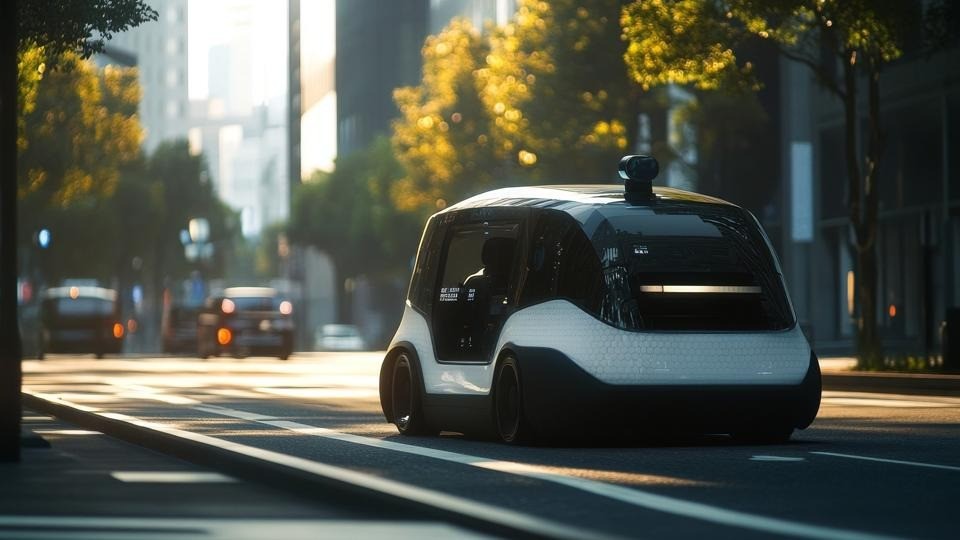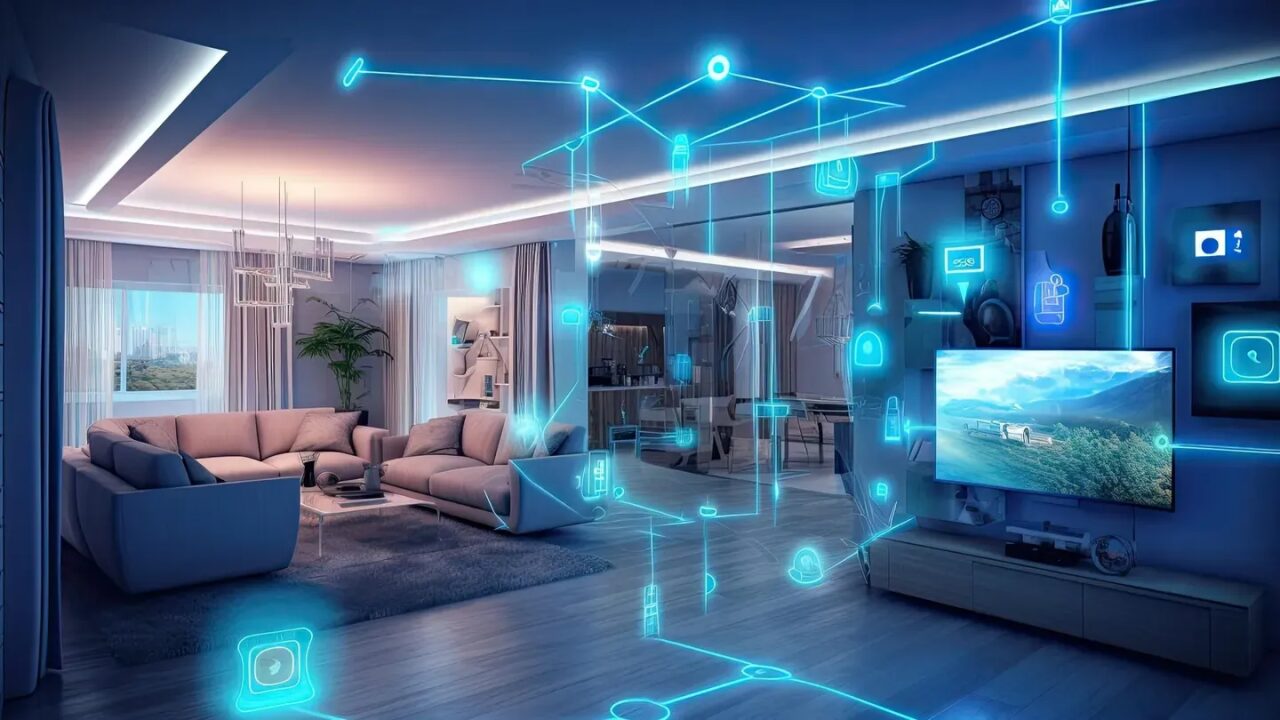7 Job Skills Of The Future (That AIs And Robots Can’t Do Better Than Humans)
2 July 2021
When I talk to people about AI (artificial intelligence) and the 4th industrial revolution, I often get asked what skills we should develop to prepare ourselves.
My answer is twofold: First, it’s important to understand the developments in AI and technology. Learn about the advancements being made and understand what AI can do. And second, focus on building the skills in areas robots can’t do well.

Jobs AI can do better than humans
While AI is making exponential advances year after year, the popular media often like to exaggerate what it is capable of for the sake of eye-catching headlines and anxiety-inducing news soundbites.
The truth is, while technology is making great strides in simplifying and automating some work, the truth is that many of these tasks are actually much simpler and fewer than you might think.
Machine learning, for example, is good at taking one type of input, call it Input A, and producing a simple response, Output B. Think of a program that is taught to recognize whether or not there is a cat in a photo. We input a series of photos, A, and the program tells us if the images contain cats, B.
(If you have Photos on your Mac, you can see this in action for yourself. Open the program and search your own photo collection for cat or dog or even something like cake or tea. Most of the results will be accurate, and some, often amusingly, won’t.)
While this has the potential to simplify and automate many different types of work, it also has two main drawbacks. First, the program requires massive amounts of learning data to begin to produce Output B reliably. So, in our example, you would have to provide the program with tens of thousands or even hundreds of thousands of examples of photographs and tell the program whether or not they have cats in them so that it can learn what a cat looks like in many different contexts.
Stanford professor Andrew Ng, writing for the Harvard Business Review, has a good rule of thumb for determining which types of jobs are ripe for automation: “If a typical person can do a mental task with less than one second of thought, we can probably automate it using AI either now or in the near future, ” he writes.
So, while there is great potential here to automate the sorts of tasks that require this Input A to Output B kind of model — including scanning security video for suspicious behavior, alerting drivers to pedestrians in the road, tagging hateful or abusive comments online, and so on — using AI to automate these tasks also requires a great deal of investment and work upfront.
As these technologies develop and become more universal, we probably will see humans losing jobs to computers (though not Star Wars-style sentient robots) in the near future. Jobs currently held by humans that require this same sort of Input A to Output B scenario are likely to be outsourced to computers, including jobs like receptionists, telemarketers, bookkeeping clerks, proofreaders, delivery couriers, and even retail salespeople.
Jobs AI can’t do better than humans
Lucky for us mere humans, there are a significant number of jobs that require more than a simple Input A to Output B calculation.
Many jobs require additional and very human qualities like communication, empathy, creativity, strategic thinking, questioning, and dreaming. Collectively, we often refer to these qualities as “soft skills, ” but don’t let the name fool you; these soft skills are going to be hard currency in the job market as AI and technology take over some of the jobs that can be performed without people.
For example:
- Empathy and communication: While AI is being used in medical applications to do things like more accurately detect diseases on a scan, I certainly wouldn’t want to get a robocall to break the news that I have cancer. Even though we are making strides towards affective computing, we are a long way away from any technology that can genuinely recognize human emotions and respond to them appropriately, so any job that requires empathy like primary care physicians, caregivers, and therapists are unlikely to be outsourced to technology any time soon.
- Critical thinking: I love the old science fiction shows where the human asks the computer what they should do in a terrible situation, and the computer predicts a 99 percent probability of failure — but the human goes and does the thing anyway, and usually succeeds. To me, it’s a beautiful metaphor for the fact that, no matter how advanced our AI may be, we still need a human to make judgments and critical decisions, even to “go with our gut, ” in certain situations. A more contemporary example might be that law firms are employing AI to help identify relevant documents in legal cases, but we still need a human judge to adjudicate a decision. (A computer judge and jury would be an entirely different sci-fi horror story in the making.)
- Creativity: Computer programs are good at spitting out a number of options, but they’re not necessarily good at providing quality of creative choices. While AI can technically produce food, music, or art, the results can be… Well, less than inspiring. We’ve probably all seen the funny lists of AI-generated recipes or paint colors or even inspirational quotes. Any job that requires true creativity, such as writers, engineers, inventors, entrepreneurs, artists, musicians, etc, are probably safe for a long while based on these results.
- Strategy: In business especially, we’re beginning to see a lot of automation of marketing practices and the like. For example, I can tell a program to send a Tweet for me at a particular time of day, every day. And while these can be huge time savers, the automation tools are just that: tools. They don’t provide the overall strategy needed to give the individual tasks meaning and relevance. Any job that requires strategic thinking is likely to be safe, and improving your skills in that area can help robot-proof your job.
- Technological management, installation, and upkeep: Until the robots have robots of their own to install and maintain them, humans are going to be needed to design, plan, install, manage and maintain any robotics, technology, or AI systems. This takes us back to my first point about understanding what technology is capable of; the more familiar you are with the technology, the more valuable you will be in helping implement and maintain it.
- Physical skills: While robots are being created that can do increasingly tricky things, like make your morning latte, there are still a significant number of physical skills robots haven’t mastered. Additionally, we humans seem to love to watch each other accomplish incredible physical feats (the World Cup is just one example). So if you have any amazing physical skills, from crafting to sport, you’re also safe for now.
- Imagination and vision: Finally, one quality I can’t quite imagine a robot or AI ever possessing is just that: imagination. The way AI currently works is by taking existing data and making logical inferences based on parameters we give it. Imagination and dreaming are merely not programmable skills. Activists, entrepreneurs, visionaries, thought leaders, authors, speakers and others have a distinct advantage over technology in this field, and that isn’t going to change any time soon.
In short, if you’re concerned that your job might be one day outsourced to technology, the best thing you can do right now is work on your soft skills. Work on communication, strategic thinking, problem-solving, empathy, and creativity. It might eventually save your career from being taken over by robots, and even earn you a pay rise in the near future as well.
Related Articles
Flying Taxis And Self-Driving Trucks Arrive In 2026: 6 Transport Trends To Watch
By now, “smart” versions exist of just about every home appliance, gadget and gizmos we can think of. However, manufacturers continue[...]
Technology in Action: My Key Takeaways on How AI and Quantum Are Accelerating Global Transformation
By now, “smart” versions exist of just about every home appliance, gadget and gizmos we can think of. However, manufacturers continue[...]
The 10 Biggest Consumer Technology Trends Of 2026
By now, “smart” versions exist of just about every home appliance, gadget and gizmos we can think of. However, manufacturers continue[...]
8 AI Ethics Trends That Will Redefine Trust And Accountability In 2026
By now, “smart” versions exist of just about every home appliance, gadget and gizmos we can think of. However, manufacturers continue[...]
The 7 Banking And Fintech Trends That Will Define 2026
By now, “smart” versions exist of just about every home appliance, gadget and gizmos we can think of. However, manufacturers continue[...]
The 8 Biggest Healthcare Technology Trends To Watch In 2026
By now, “smart” versions exist of just about every home appliance, gadget and gizmos we can think of. However, manufacturers continue[...]
Sign up to Stay in Touch!
Bernard Marr is a world-renowned futurist, influencer and thought leader in the fields of business and technology, with a passion for using technology for the good of humanity.
He is a best-selling author of over 20 books, writes a regular column for Forbes and advises and coaches many of the world’s best-known organisations.
He has a combined following of 4 million people across his social media channels and newsletters and was ranked by LinkedIn as one of the top 5 business influencers in the world.
Bernard’s latest book is ‘Generative AI in Practice’.










Social Media